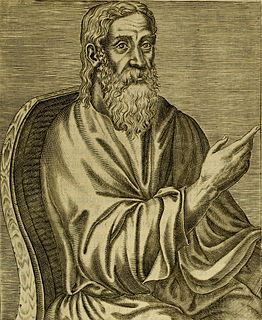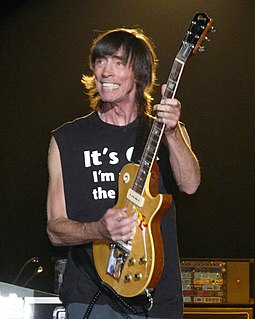A Quote by Eric Maskin
If I buy a car, I use the car, you don't, and the market for cars works pretty well. But there are many other sorts of goods, often very important goods, which are not provided well through the market. Often, these go under the heading of public goods.
Related Quotes
Three sorts of goods, Aristotle specified, contribute to happiness: goods of the soul, including moral and intellectual virtues and education; bodily goods, such as strength, good health, beauty, and sound senses; and external goods, such as wealth, friends, good birth, good children, good heredity, good reputation and the like.
I have read a great deal of economic theory for over 50 years now, but have found only one economic "law" to which I can find NO exceptions: Where the State prevents a free market, by banning any form of goods or services, consumer demand will create a black market for those goods or services, at vastly higher prices. Can YOU think of a single exception to this law?
What we mean by an outcome will naturally depend on the context. Thus, for a government charged with delivering public goods, an outcome will consist of the quantities provided of such goods as intercity highways, national defense and security, environmental protection, and public education together with the arrangements by which they are financed.
We must not cast away riches which can benefit our neighbor. Possessions were made to be possessed; goods are called goods because they do good, and they have been provided by God for the good of men: they are at hand and serve as the material, the instruments for a good use in the hand of him who knows how to use them.
Do not worry! Earthly goods deceive the human heart into believing that they give it security and freedom from worry. But in truth, they are what cause anxiety. The heart which clings to goods receives with them the choking burden of worry. Worry collects treasures, and treasures produce more worries. We desire to secure our lives with earthly goods; we want our worrying to make us worry-free, but the truth is the opposite. The chains which bind us to earthly goods, the clutches which hold the goods tight, are themselves worries.
Desire is insatiable not because the goods of the world are too few, too uniform, or too bland. Desire burns through the goods of the world, even though these goods are not false or intrinsically unsatisfactory.... Desire shatters the economy of things; it disputes the tyranny of objects. IT longs for the great emptiness, which is beauty and love without limitation.
































